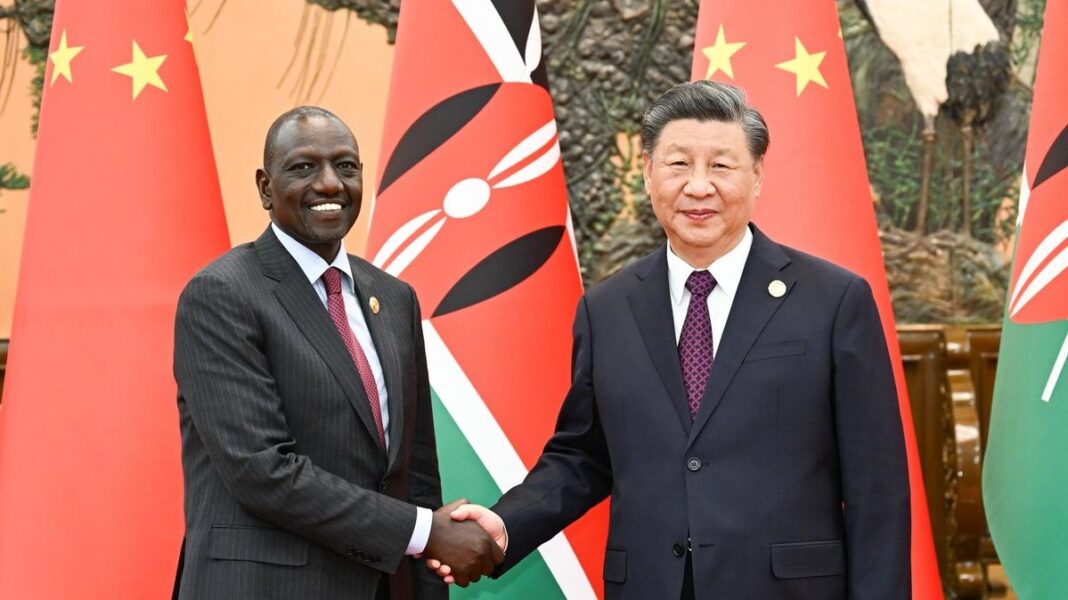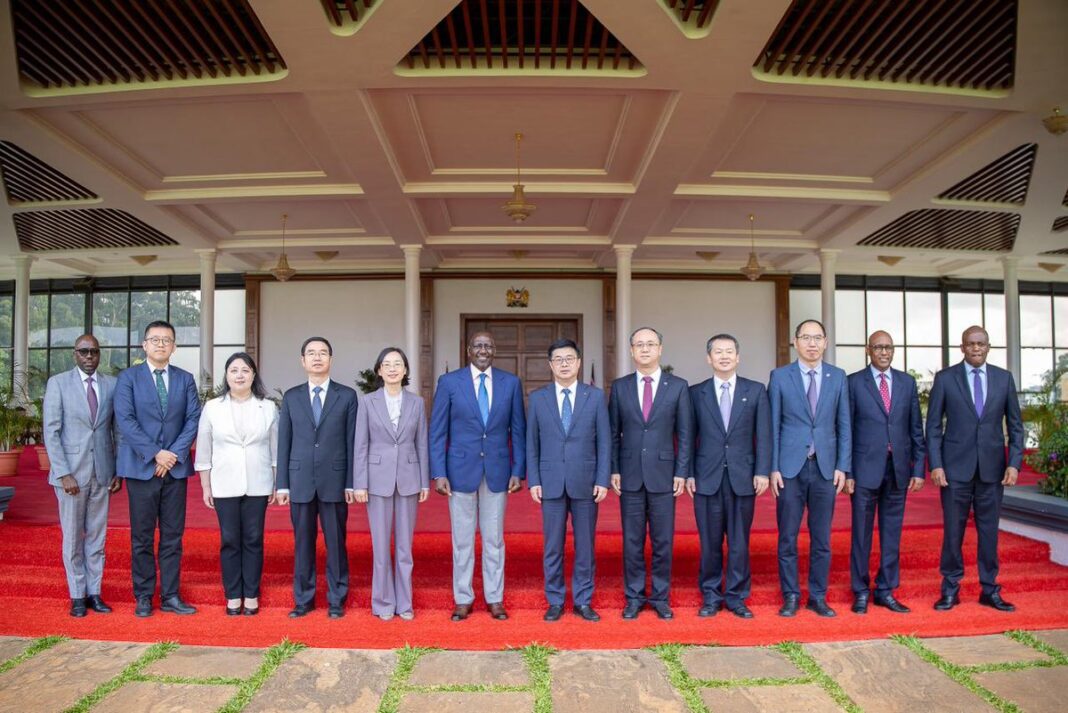Kenya and two Chinese state-owned companies will on Friday break ground on a $1.5 billion highway expansion project, marking China’s renewed involvement in large-scale infrastructure development in East Africa after years of reduced activity.
The project—structured in two major phases—will be financed through a blend of debt and equity, a financing approach increasingly favored as African countries seek alternatives to heavy sovereign borrowing.
“We don’t have any room to borrow any more money,” said Kefa Seda, Director General of Kenya’s Public Private Partnerships Directorate, underscoring the government’s shift toward more sustainable financing models.
The highway upgrade targets one of Kenya’s most important transport corridors, connecting the Port of Mombasa to the western region and to landlocked neighbours such as Uganda, while passing through the capital, Nairobi. The corridor serves as a lifeline for regional trade and cargo movement, making its expansion central to Kenya’s long-term economic competitiveness.
After investing billions of dollars in African infrastructure over the past decade, China significantly cut back lending around 2019 amid rising debt concerns in countries like Kenya. But Beijing signaled a renewed appetite last year, pledging $50 billion in credit and investments over three years during a summit with African leaders.
The new Kenyan highway deal was finalized during President William Ruto’s state visit to China in April, following the collapse of a previous agreement with a consortium led by France’s Vinci SA earlier this year.
The development has revived geopolitical tensions. Kenya is seen as one of Washington’s closest African allies, and the revived cooperation with Beijing reportedly angered U.S. President Donald Trump, prompting Ruto to defend the decision, stressing Kenya’s need to diversify exports and forge broader economic partnerships, including with China.
Project Structure and Cost Breakdown
The first phase, estimated at $863 million, will be executed by the China Road and Bridge Corporation (CRBC) in partnership with Kenya’s National Social Security Fund (NSSF). It involves expanding two existing stretches of a 139-kilometre single-lane highway into four- and six-lane dual carriageways, according to the Kenya National Highways Authority (KENHA).
The second phase, costing $678.56 million, will be undertaken by Shandong Hi Speed Road and Bridge International, a subsidiary of China’s Shandong Hi Speed Group. It will upgrade a 94-kilometre single-lane section into a six-lane carriageway.
KENHA said both cost estimates include financing charges. The project will be financed through a structure of 75% debt and 25% equity, with NSSF contributing 45% of the equity in the phase where it is involved as a partner.
The highway expansion marks one of Kenya’s largest recent infrastructure undertakings and signals the government’s commitment to modernizing key transport arteries while navigating national debt constraints.
The groundbreaking event on Friday is expected to be attended by senior Kenyan officials and representatives from China, highlighting the continued strategic importance of Kenya–China cooperation in infrastructure development.





